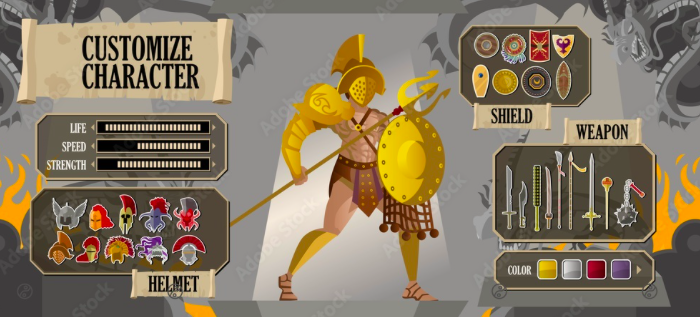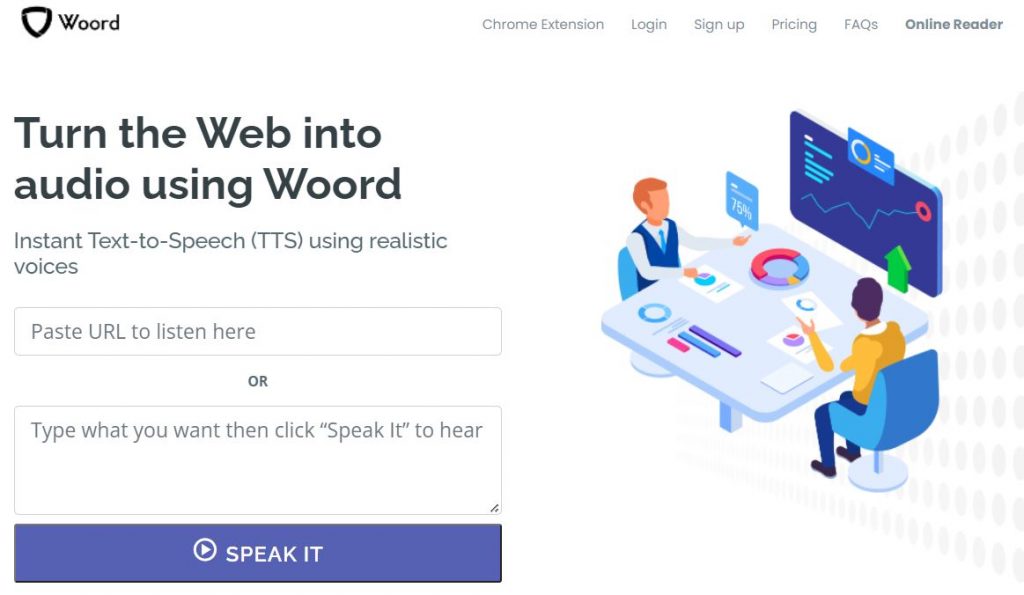The gaming industry has gone a long way since the first games appeared in the 1970s. Today’s products provide photorealistic images and lifelike simulations to an incredible degree in many circumstances. Hence, game voices should be on the same level as their visuals. AI voice generation can execute the task without trouble.
Every year, the game industry grows. According to recent projections, the market will be valued at $268 billion by 2025. Sounds like promising business, doesn’t it? But the process of game development and design is long and complex. Building a game entails creating worlds and filling them with characters, items, weapons, vehicles, flora, animals, landscapes, and other diverse real-world aspects. It demands scheduling, planning, and the establishment of a production line.
Prototyping, the final step of game development, determines what works and what doesn’t and whether or not the concept has wings. The testers affect the resulting product. Can you imagine spending money on a voice actor every time you make a game change? That would be ridiculous!

The name for obtaining professional voiceovers at affordable prices and within seconds is text to speech. Also known as TTS, this technology converts text into artificial speech using recorded human voice recordings. Plus, as we move towards a voice-first future, its speakers are becoming more advanced, offering a range of new qualities that many would –previously– consider unthinkable.
Several businesses have taken notice, and all indications point to the adoption of cutting-edge text to speech software as the next big thing in the workplace. Game production is not the exception. Thus, if you are working on a game or planning to develop one in the future, you might want to check this AI voice generator to produce your characters’ vocals:
Woord
Are you planning to win over a specific country? Do you want to expand to the whole world? No matter your target audience, Woord‘s speech synthesis will produce the mouthpieces you need. The software offers 50 different male, female and gender-neutral voices in English, Spanish, Portuguese, French, German, Russian, Turkish, Hindi, Italian, Japanese, Chinese, Vietnamese, Arabic, Dutch, Norwegian, Korean, Polish, Swedish, etc., and some of their regional variations.
Furthermore, Woord‘s HQ realistic voices are really customisable. To begin with, you can speed up or slow down your speaker to manage its tempo. You may even choose the proper device profile for your voiceover (IVR, Smarthome, and GPS, to mention a few). Yet, what takes the advanced audio settings to the next level is the SSML editor. That tool is capable of arranging multiple aspects and attributes of your spokespeople: e.g. the tone, phonemes and pauses in your character’s dialogues.
Last but not least, Woord comes with other state-of-the-art functionalities, for example, OCR technology, MP3 download, Chrome extension, API access, etc. As a result, it is a cutting-edge and full-packed TTS tool. And it’s incredibly easy to use.
- Type or share your dialogues as pdf, txt, doc(x), pages, odt, ppt(x), ods, non-DRM epub, jpg, or png.
- Select your character’s voice traits.
- Press the ‘Speak It’ button.
- Listen to the output. If it satisfies you, you can click on ‘Free Download’ to get it as an MP3 file. That way, probably, it will be easier to add it to your game.
Will you employ AI-generated voices in the next game you develop? Let us know how the TTS usage goes!


